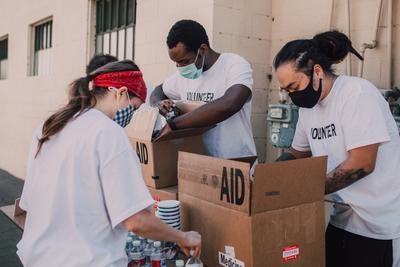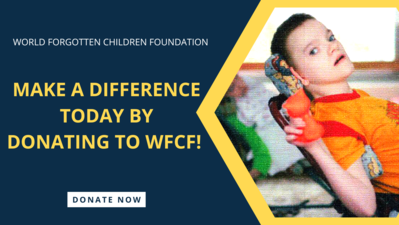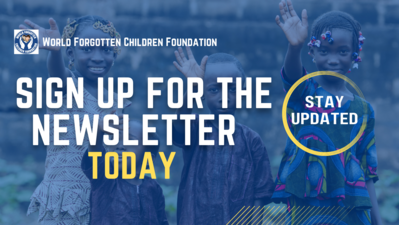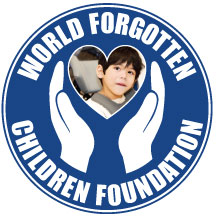
World Humanitarian Day is honored on 19 August every year in memory of the 2003 bomb attack on the Iraqi Canal Hotel in Baghdad. The attack resulted in 22 deaths, which included Sergio Vieira de Mello, the chief humanitarian in Iraq. Six years later, in 2009, the United Nations General Assembly decided to formally recognize the day as the World Humanitarian Day (WHD) (United Nations, 2021).
WHD has a different them every year, with 2022’s theme being #ItTakesAVillage. The goal of these campaigns is to bring together people who work for humanitarian causes and forge partnerships. These strengthened ties will hopefully lead to a system of beneficial advocacy for the survival and safety of people that are currently experiencing crises and the aid workers extending a helping hand during times of crisis (United Nations, 2021).

There are thousands of humanitarian aid workers who sacrifice their lives and experience hardships in the course of their work trying to help other people experiencing severe difficulties and crises. At one point in 2021, 235 million people in 26 countries were said to require humanitarian aid. Although the day is often seen as simply a day of remembrance and honoring humanitarian workers’ sacrifices, it is often used as a cause of celebration. Last year’s WHD was recognized under the theme of “Human Race” (Sachon, 2022). The Human Race theme was meant to invoke action for climate change mitigation policies and to stand in solidarity with the people most affected by this crisis (United Nations, 2021).
Facts to keep in mind:
• In 2020, 475 aid workers were exposed to dangerous situations while providing help to others
o 108 were killed, 242 wounded, and 125 were kidnapped
o International staff faced a lot of travel restrictions due to COVID-19, which may in part explain why the national aid worker victims proportion was higher than usual in 2020 (by 95%) (United Nations, 2021).
• Most of the violence was reported in South Sudan, Syria, and DRC.
o Central African Republic and Mali saw a doubling of incidents since 2018
o Attacks against aid workers in Tigray of Ethiopia have risen rapidly from 2020 to 2021 (United Nations, 2021).
• It is difficult to understand a motive behind attacks against aid workers, especially in the case of gang-related violence (Humanitarian Outcomes, 2021)
• Economic criminality often accounts for a third or more for serious incidents against humanitarian aid workers and is likely to involve a higher level of violence (Humanitarian Outcomes, 2021)

Humanitarian aid workers provide much-needed support for communities affected by crises that range from war to natural disasters and are an indispensable pillar of international aid. Protecting these workers and recognizing the importance of the work they do is a way of honoring them. This August 19, let us come together and honor the sacrifices of humanitarian aid workers.
References:
Humanitarian Outcomes. (2021). Aid Worker Security Report: Figures at a glance 2021 - world. ReliefWeb. https://reliefweb.int/report/world/aid-worker-security-report-figures-glance-2021
Sachon, L. (2022). World Humanitarian Day - August 19. National Today. https://nationaltoday.com/world-humanitarian-day/
United Nations. (2021). World Humanitarian Day. United Nations. https://www.un.org/en/observances/humanitarian-day
|



